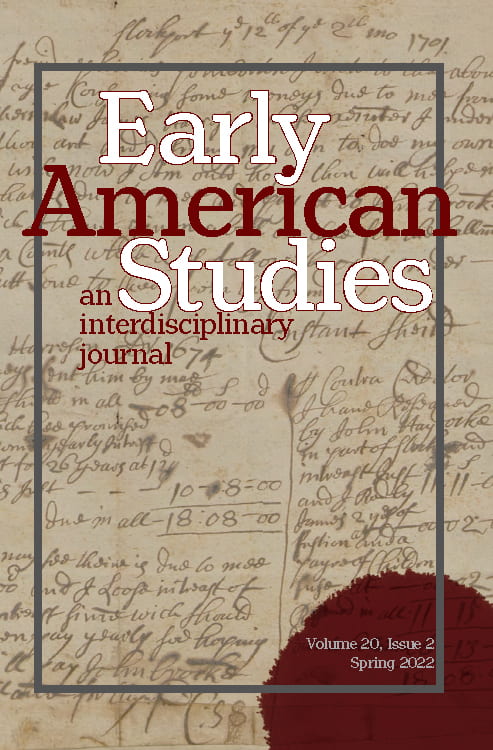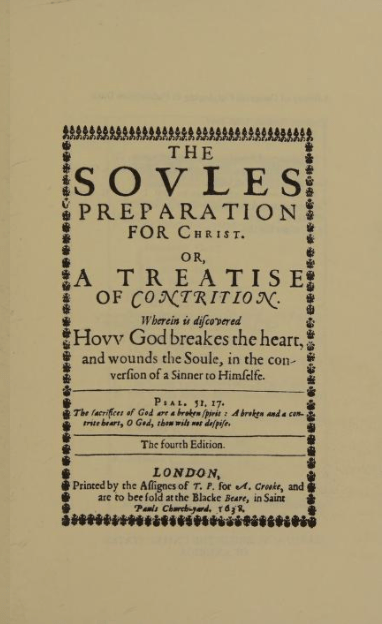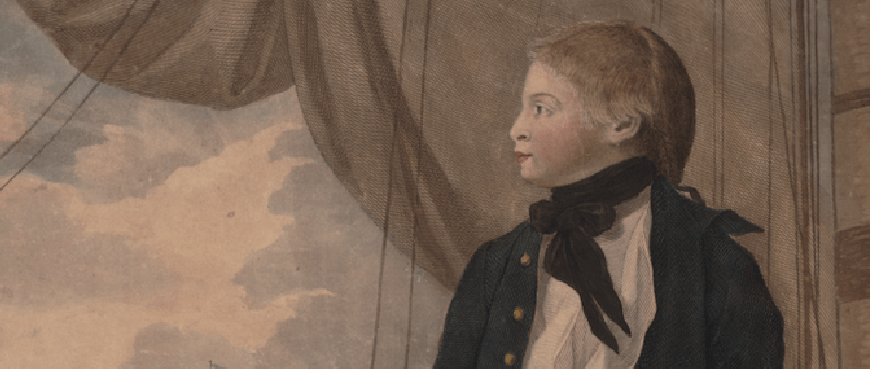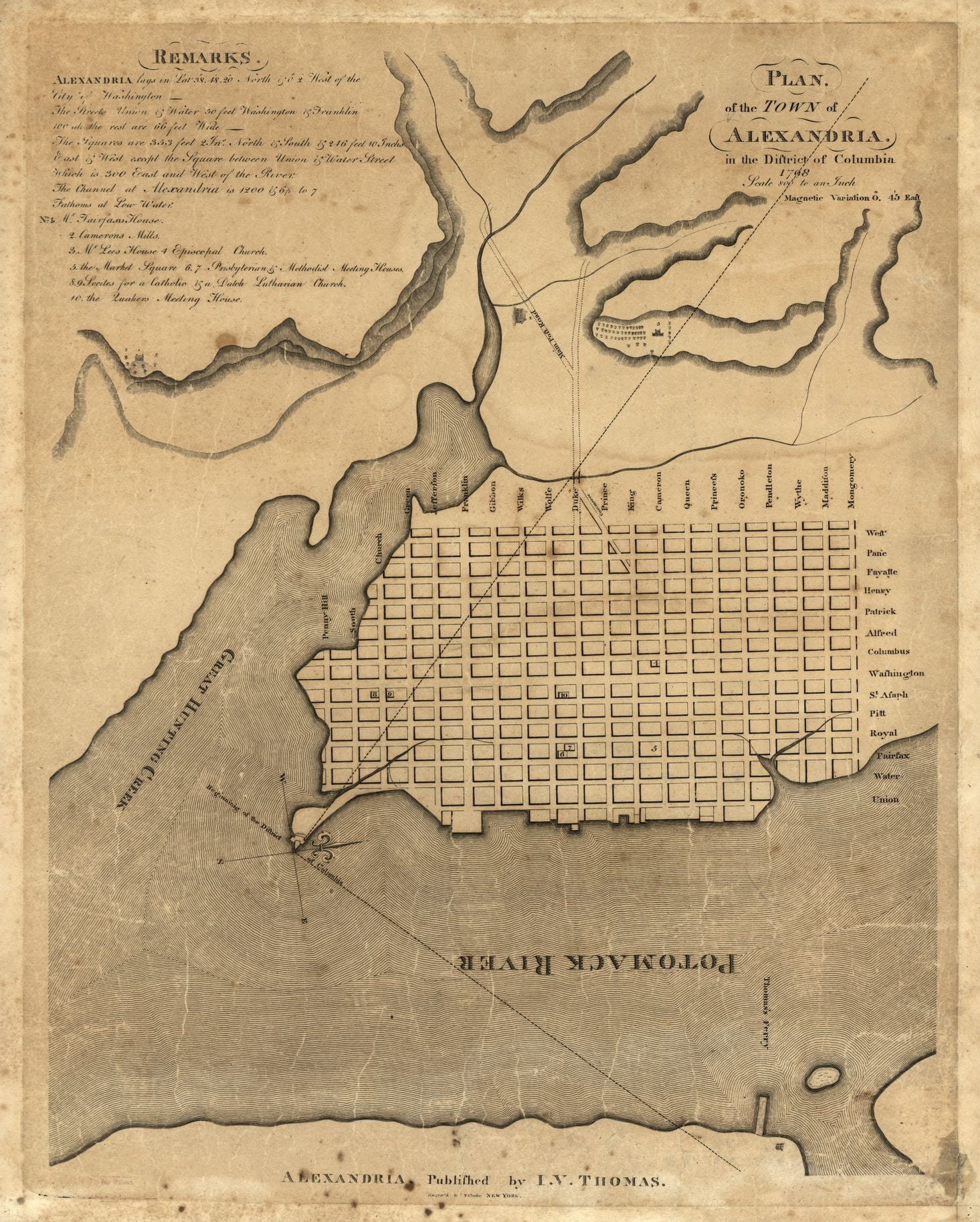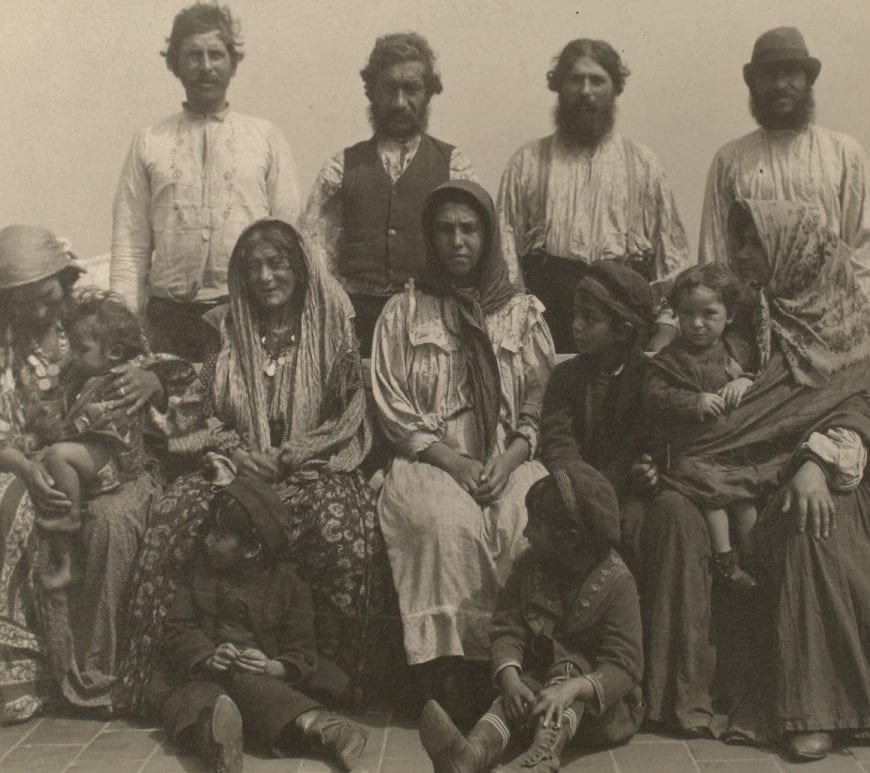
Interview with Rachel Walker, 2021 Murrin Prize Winner
Rachel Walker’s article, “Facing Race: Popular Science and Black Intellectual Thought in Antebellum America,” EAS 19, No. 3 (Summer 2021), 601-40, won the 2021 Murrin Prize. The Murrin Prize is named for John Murrin (1936-2020), Professor Emeritus of History at Princeton University, who was a scholar of early American history and an active member of the McNeil Center community. The prize is awarded annually for the best article in EAS.…

